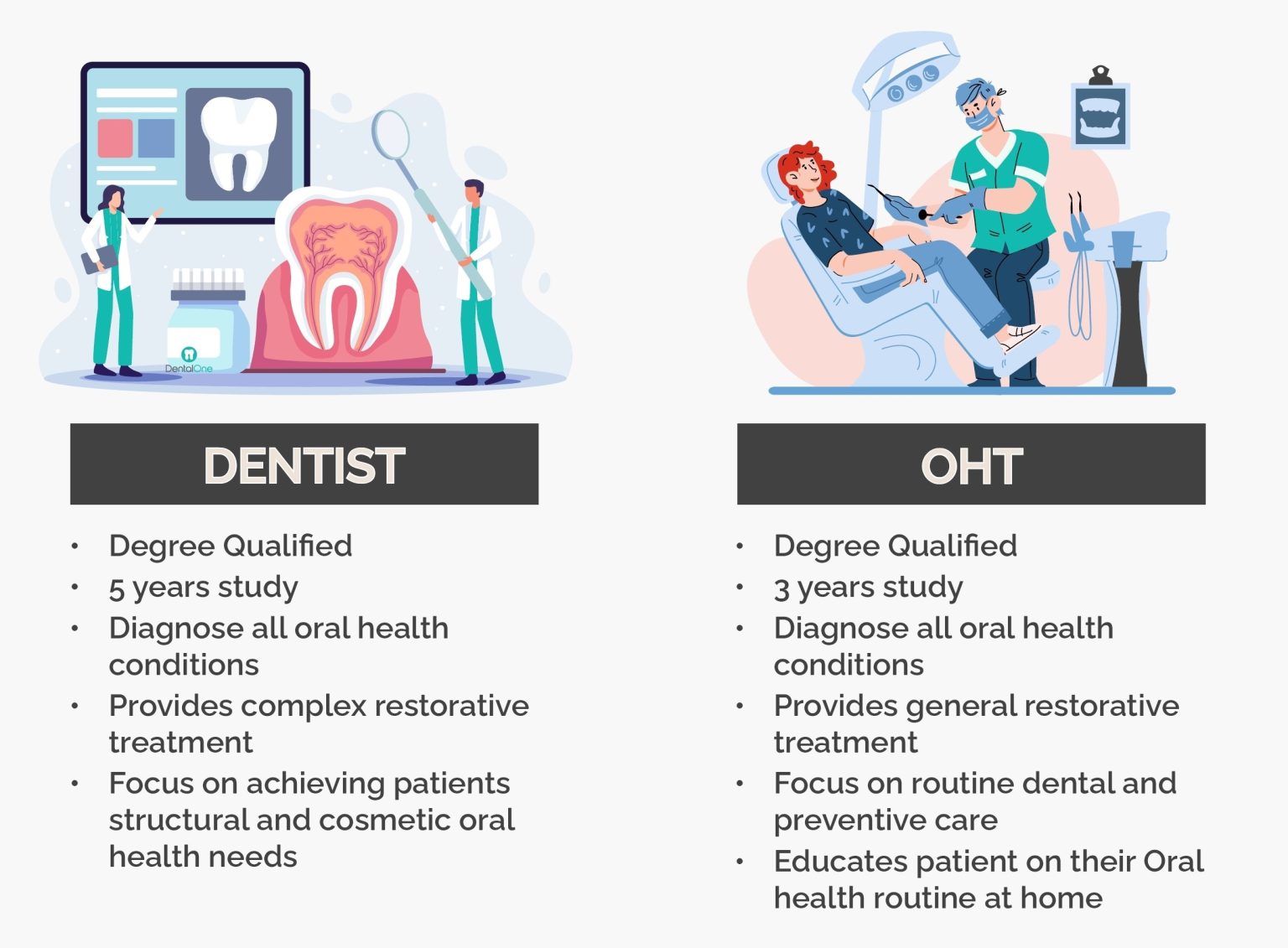
Introduction:
Maintaining a healthy smile requires consistent and effective dental health routines. A proactive approach to oral care not only promotes good dental health but also contributes to overall well-being. Let’s explore key habits that form the foundation of successful dental health routines for a lifetime of healthy smiles.
Establishing a Solid Brushing Routine:
The cornerstone of dental health is a solid brushing routine. Use a soft-bristled toothbrush and fluoride toothpaste to clean your teeth thoroughly. Brush at least twice a day, in the morning and before bedtime, using gentle circular motions. Pay attention to each tooth’s surface and don’t forget to brush your tongue to reduce bacteria and keep your breath fresh.
Incorporating Effective Flossing:
Flossing is often underestimated but plays a crucial role in dental health. It helps remove plaque and food particles from between teeth and along the gumline, where your toothbrush may not reach. Make flossing a daily habit, ensuring you clean between every tooth. Proper flossing contributes to healthier gums and reduces the risk of cavities.
Choosing the Right Mouthwash:
Mouthwash can be a valuable addition to your dental health routine when chosen wisely. Opt for an antimicrobial or fluoride mouthwash to help fight bacteria, strengthen enamel, and freshen breath. However, remember that mouthwash should complement, not replace, brushing and flossing.
Balanced Nutrition for Strong Teeth:
Diet plays a significant role in dental health. A balanced diet rich in vitamins and minerals, especially calcium and vitamin D, contributes to strong teeth and gums. Limit sugary snacks and beverages, as they can lead to tooth decay. Drinking plenty of water also helps wash away food particles and keeps your mouth hydrated.
Regular Dental Check-ups: Prevention is Key:
Scheduling regular dental check-ups is crucial for maintaining optimal dental health. Dentists can identify issues early on, preventing them from progressing into more significant problems. Professional cleanings help remove plaque and tartar, contributing to overall dental health. Aim for biannual check-ups to keep your smile in top condition.
Addressing Teeth Grinding (Bruxism):
Teeth grinding, or bruxism, can cause significant dental issues over time. If you notice signs of teeth grinding, such as jaw pain or worn-down teeth, consult your dentist. They may recommend a nightguard to protect your teeth while you sleep, preventing unnecessary wear and tear.
Avoiding Harmful Habits:
Certain habits can compromise dental health. Avoid smoking and limit alcohol consumption, as both can contribute to oral health problems. Additionally, refrain from using your teeth as tools, such as opening packages, to prevent unnecessary damage.
Teaching Oral Hygiene to Children:
Instilling good oral hygiene habits in children is essential for a lifetime of healthy smiles. Teach them proper brushing and flossing techniques from an early age. Make dental care fun, and ensure they understand the importance of regular dental check-ups. Early prevention sets the stage for a lifetime of good oral health.
Emergency Dental Care: Be Prepared:
Sometimes, dental emergencies happen. Be prepared by knowing what to do in case of a knocked-out tooth, severe pain, or other urgent dental issues. Contact your dentist promptly and follow their advice for immediate care.
Conclusion:
Effective dental health routines are the foundation of a healthy and beautiful smile. By incorporating habits such as regular brushing and flossing, making wise dietary choices, attending regular dental check-ups, and addressing issues promptly, you can maintain optimal dental health throughout your life. For additional insights and resources on dental health routines, explore Dental Health Routines. Remember, a healthy smile is a key component of overall well-being.




